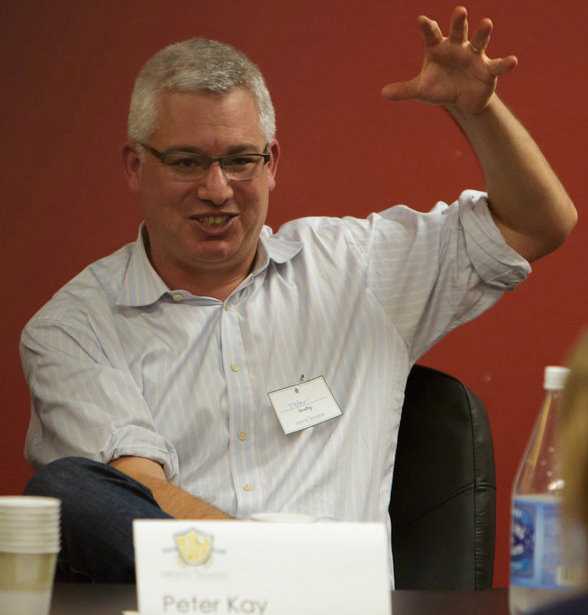Thoughts on the Decline of the Book as Physical Object
Speakers

The vanishing physical book provides a set of discovery, marketing and publicity (and not a few existential) challenges to trade publishers. As the book transitions from physical object to a licensed file cohabitating with other forms of media on an electronic device, we need to unpack the sense of permanence and cultural heft inherent in the physical form and figure out what exactly makes a book a book. I do not come to wallow in nostalgia nor lament the rise of ebooks, but to participate in a discussion about how the publishing industry (which has seen many technological disruptions to its business model) moves forward. Because books matter.
About W.W. Norton
W. W. Norton & Company, the oldest and largest publishing house owned wholly by its employees, strives to carry out the imperative of its founder to “publish books not for a single season, but for the years” in fiction, nonfiction, poetry, college textbooks, cookbooks, art books and professional books.
Speaker Bios
Media
A continuously updated schedule of talks is also available on the Digital Dialogues page.
Unable to attend the events in person? Archived podcasts can be found on the MITH website, and you can follow our Digital Dialogues Twitter account @digdialog as well as the Twitter hashtag #mithdd to keep up with live tweets from our sessions. Viewers can watch the live stream as well.
All talks free and open to the public. Attendees are welcome to bring their own lunches.
Contact: MITH (mith.umd.edu, mith@umd.edu, 301.405.8927).
